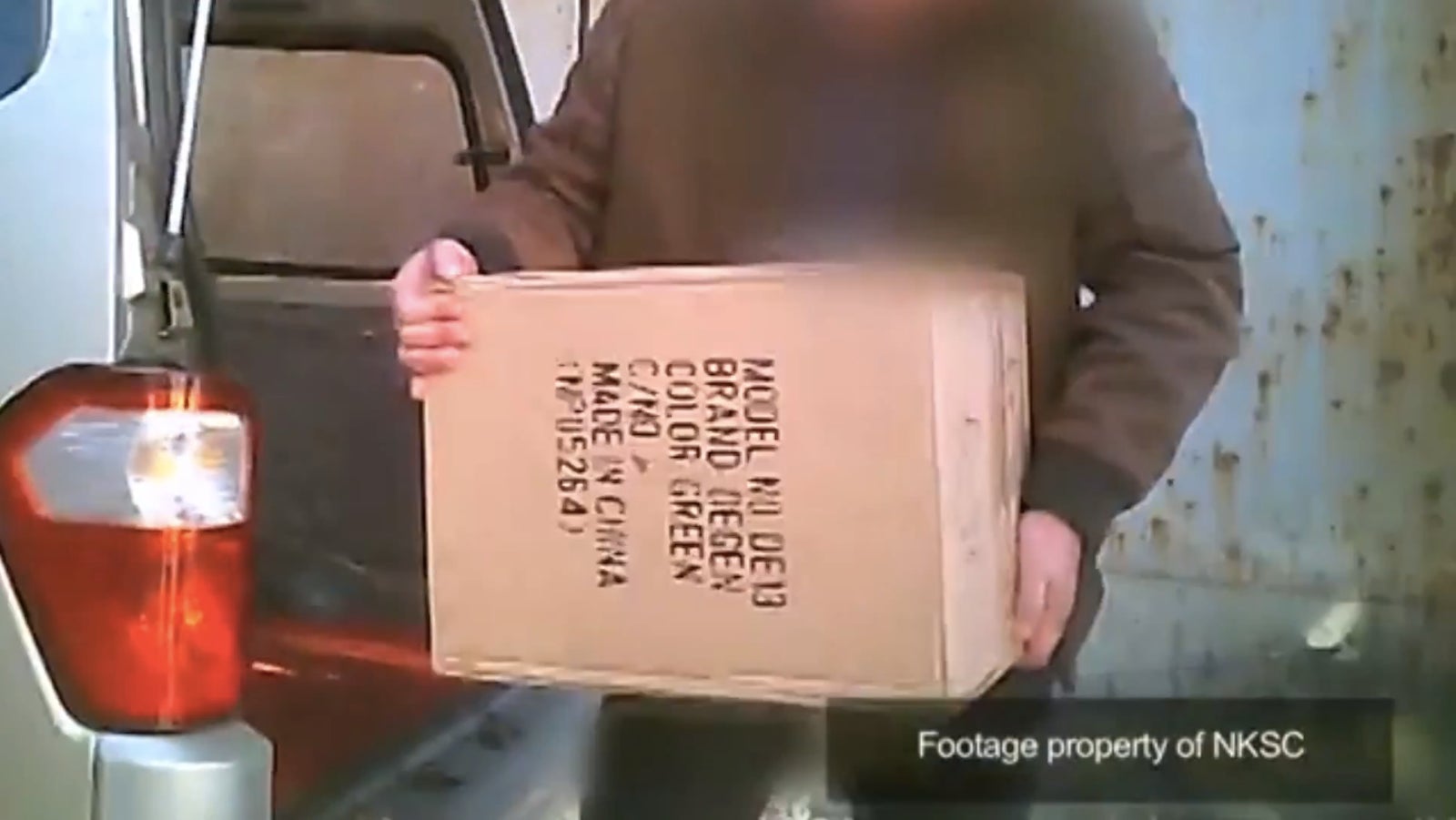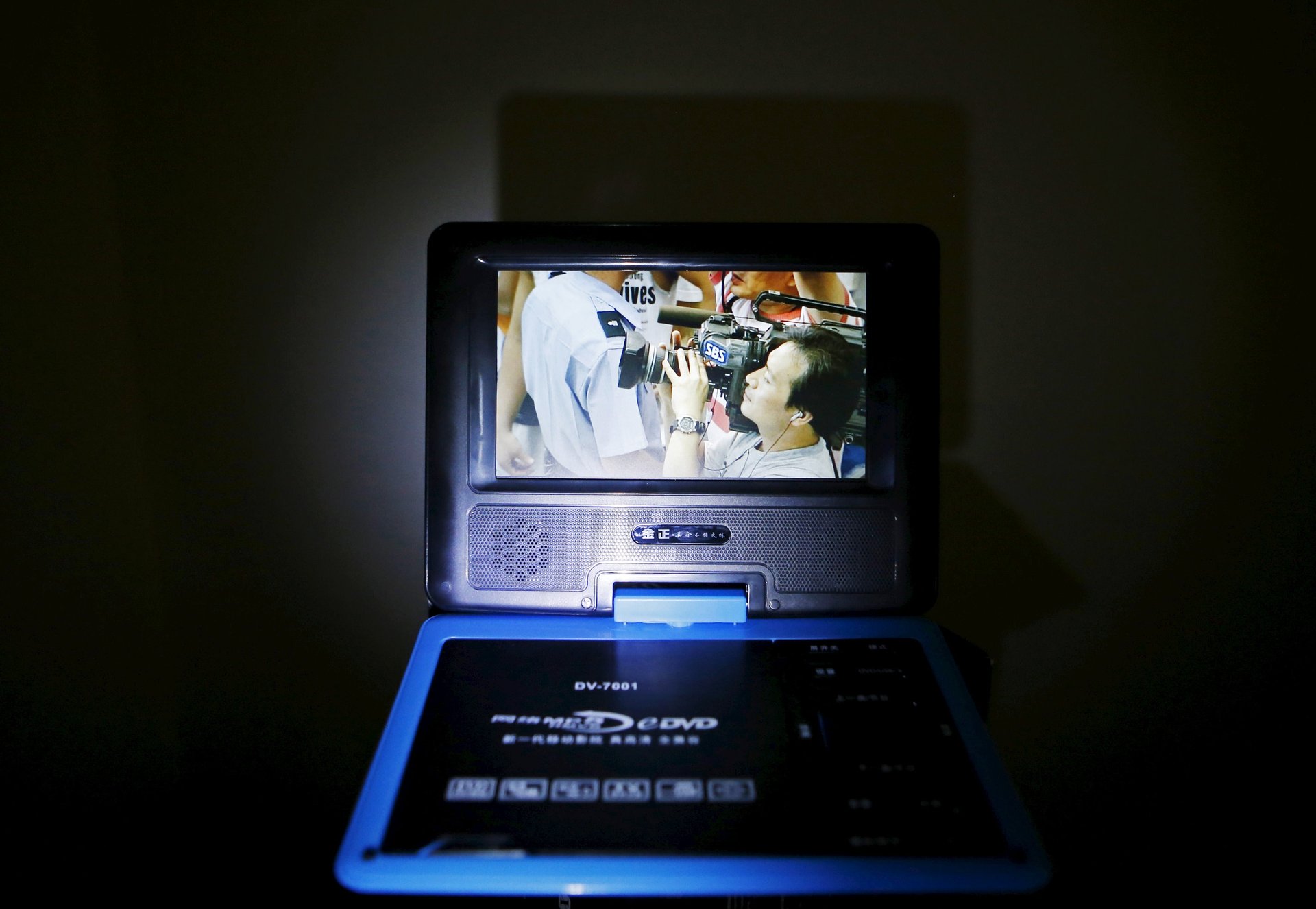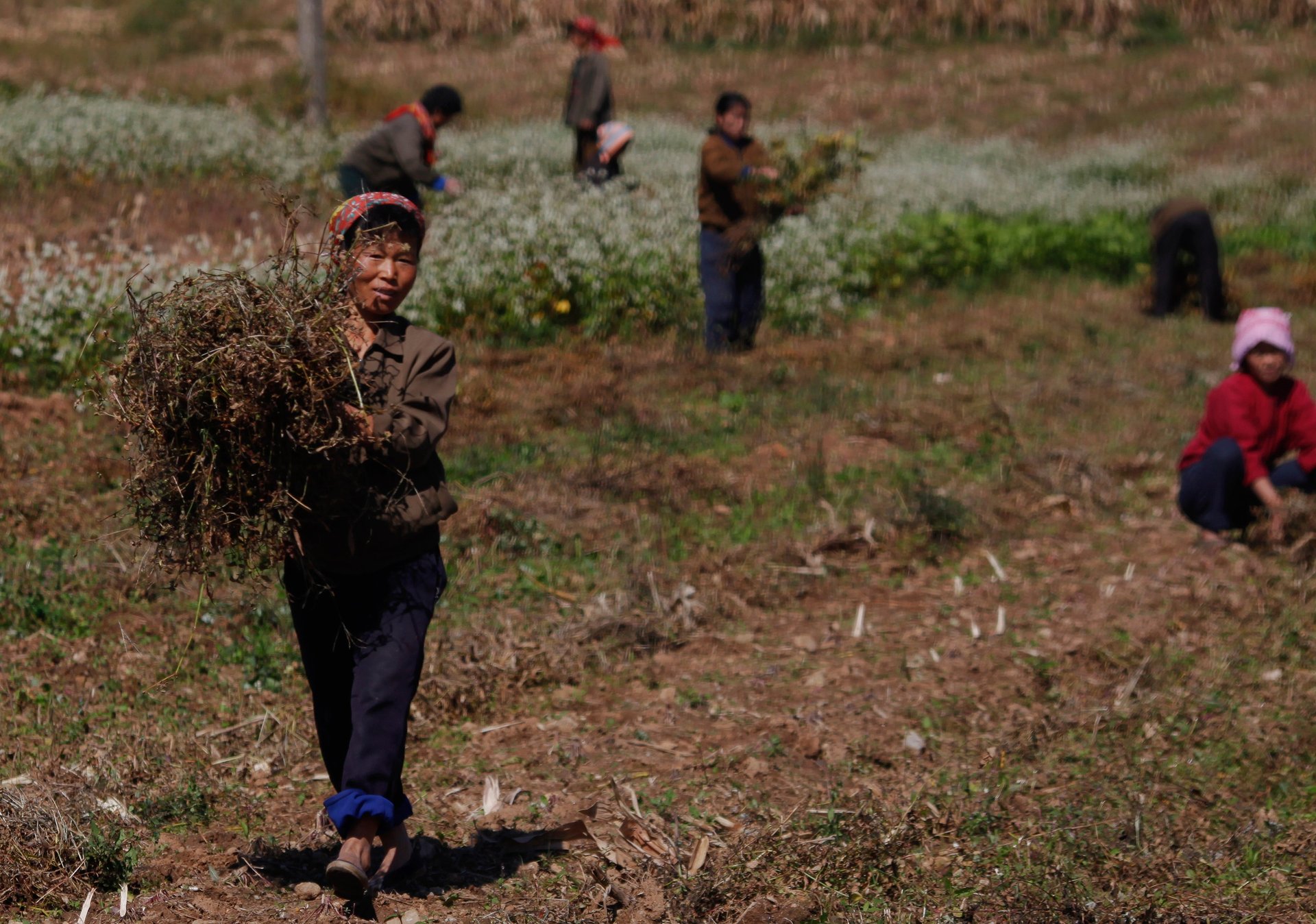Got $600? You can choose an enlightening book or film to smuggle into North Korea
If you could secretly introduce any film, documentary, podcast, or book of poetry or prose to a North Korean audience, something that would resonate with them and perhaps open their world in some way, what would you choose?


If you could secretly introduce any film, documentary, podcast, or book of poetry or prose to a North Korean audience, something that would resonate with them and perhaps open their world in some way, what would you choose?
A Canadian activist group hoping to inch North Korea into the Information Age has just launched an Indiegogo campaign offering donors who pledge $600 or more the option to customize 20 USB memory sticks, which will be smuggled into the Democratic People’s Republic of Korea (DPRK). HanVoice, based in Toronto, Canada, hopes its Project E campaign will raise a total of $6,000, enough to send a total of 200 USB sticks into the country.
Each stick will be loaded with a compressed version of Wikipedia (in Korean), minus most images and some larger files. Depending on the number of donors who opt-in at the $600 level, some drives will be programmed with supporter-selected material. HanVoice will filter content suggestions; the only official parameter is that media included on the bespoke USB drives must relate to “justice, democracy, history, or content that’s informative of the outside world.”
Books like George Orwell’s 1984 and Margaret Atwood’s The Handmaid’s Tale would fit HanVoice’s guidelines, according to Erica Kim, the project’s coordinator. She said the film that first comes to mind for her is The Shawshank Redemption.
Kim is a second-generation Korean-Canadian whose maternal grandparents left their northern home in the early 1950s, before the country was divided. Restarting their life in South Korea meant losing everything; the family lived in tents until they could find jobs, and eventually saved enough money to buy property. As a child, Kim’s mother would often talk about what would have happened had her parents stayed in the north.
Saved from that fate, Kim tells Quartz that her mission now is to “keep pouring information into the country, so that knowledge will spread and—like everywhere else in the world—catch fire.”
The world keeps seeping in

North Korea’s thriving black market for USBs containing foreign media is well-documented. Despite the regime’s attempts to snuff out the trade by punishing those who smuggle in DVDs, CDs, or USBs, the world keeps finding its way into the country through covert schemes.
People caught in possession of files for foreign television shows, even seemingly innocuous South Korean soap operas, risk punishment or jail time. In one case, at least 50 people were publicly executed for watching illegal media. But defectors say bribing police is now common—corruption is known to exist at every level of North Korean bureaucracy. HanVoice admits on the project’s FAQ page that some of the cost of each $30 USB drive will be used to pay off border security, police and government officials.
Unlike the political and missionary groups who have been known to push bibles or propaganda into North Korea however, sometimes using balloon drops, the HanVoice board wants to avoid smuggling material that would swap one imposed world view for another.
According to Randall Baran-Chong, the group’s research director:
The whole point is to give North Koreans access to a more reliable version of the truth than what they’ve been told their whole lives. Subjecting them to something that’s too religiously biased, you could argue that that’s just as deceitful as some of the propaganda they’re being fed from the regime.
Access to Wikipedia, albeit a static version of it, he says, will provide North Koreans the option to learn a very different version of history—theirs and other countries’—as well as catch up on modern agricultural practices or medical information.
Using flash drives to “speak” to North Koreans was deemed the most prudent of all possibilities by the HanVoice board. North Korean police have been known to cut electricity to a home where they believe they’ll find banned media. Once the power is off, the police will force open stalled DVD players in search of prohibited discs. In contrast, USBs can be yanked out of an electronic device without any need for power.
To get the drives made and delivered, HanVoice is partnering with the North Korean Strategy Center (NKSC), a large defector activist group based in Seoul with experience smuggling USB drives into North Korea. A Chinese distributor who works with NKSC and has access to North Korean markets will relay the drives from there. For security reasons, Baran-Chong will not say anything more about the operational side of things, except to add that he feels the NKSC— led by Kang Chol-hwan, North Korea’s first “defector celebrity” and the author of Aquariums of Pyongyang—was the safest group with which to collaborate because of its impressive track record.
“Show them people buying things”

Sungju Lee, a 28-year-old defector who lives in South Korea, tells Quartz he would advise donors who plan to customize memory drives to choose televisions programs that depict daily life—what it’s like to work, go shopping, and fall in love in a free society. Lee’s father fled North Korea for China in 1998 and was followed by his wife four months later. They made their way to South Korea; in 2002, Lee’s father sent a broker into the DPRK to collect his son.
Two things motivated his father to escape, Lee says: starvation and the knowledge that life was better across the border, gleaned from watching forbidden South Korean movies. “[North Koreans] are a brainwashed society living under a dictatorship,” says Lee. “They are eager to see the outside world, to see beautiful things. Think love stories, or things focused on family, friends, people facing challenges together.”
In his opinion, it’s the images of markets, foremost, that will have the greatest impact on North Koreans, perhaps inspiring them to leave or force change.
“Show them people buying things, smiling, going to a department store,” Lee urges. Someone he knows in the DPRK happens to be a loan shark and trader of goods from China. “People have to flatter him because he has money,” says Lee, arguing that change in North Korea will come gradually as this segment of society expands. “People say North Korea will collapse. North Korea will not collapse. It will evolve slowly because of markets.”
But while Lee is confident change will come from a nascent merchant class, Kim isn’t so sure. It could come from them, or from the elite, she says, or perhaps the people who live in villages bordering China. “We are not even able to pinpoint exactly where we want information to reach,” she says. “We want to reach the masses, and we want the transformation to come from within.”